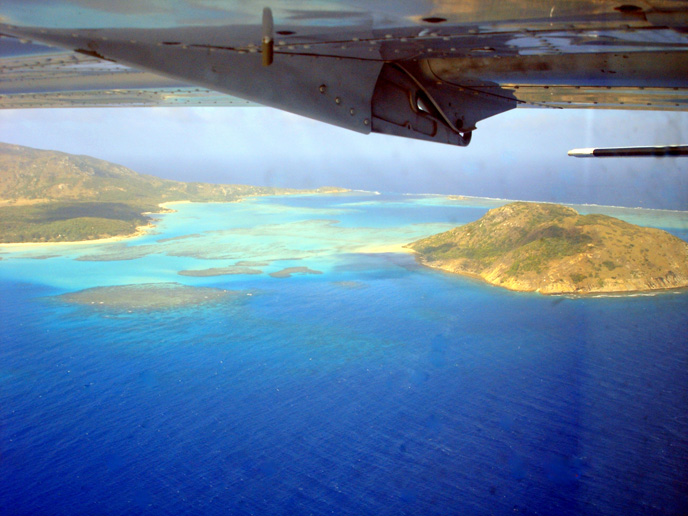
Scientists have long known that ocean acidification is affecting large marine areas. Now, a group of Israeli researchers developed a new method to simultaneously assess the overall calcification rates of coral reefs and pelagic (open sea) plankton over a whole oceanic basin, based on variations in surface water chemistry.
The researchers followed a 5,000 km long strip of ocean from Eilat to the Seychelles crossing the Red Sea, the Gulf of Aden and the Western Indian Ocean.
As a result of man-made emissions, the content of CO2 in the atmosphere and oceans has increased dramatically during recent decades. In the ocean, the accumulating CO2 is gradually acidifying the surface waters, making it harder for shelled organisms like corals and certain open sea plankton to build their calcium carbonate skeletons.
In a report published in the Proceedings of the National Academy of Sciences, the group presents a new way to measure how the acidification of water is affecting marine ecosystems over an entire oceanic basin.
The group was led by Profs. Boaz Lazar and Jonathan Erez and the Ph.D. student Zvi Steiner, together with Prof. Amitai Katz, all from the Fredy and Nadine Herrmann Institute of Earth Sciences at the Hebrew University of Jerusalem, together with Prof. Aldo Shemesh and Dr. Ruth Yam of the Weizmann Institute of Science.
The scientists said that monitoring the variations in coral and plankton growth rates every few years can provide essential information regarding rates of environmental change in tropical and subtropical seas like the Red Sea, Caribbean and South China Sea.
Fighting for Israel's truth
We cover what makes life in Israel so special — it's people. A non-profit organization, ISRAEL21c's team of journalists are committed to telling stories that humanize Israelis and show their positive impact on our world. You can bring these stories to life by making a donation of $6/month.





